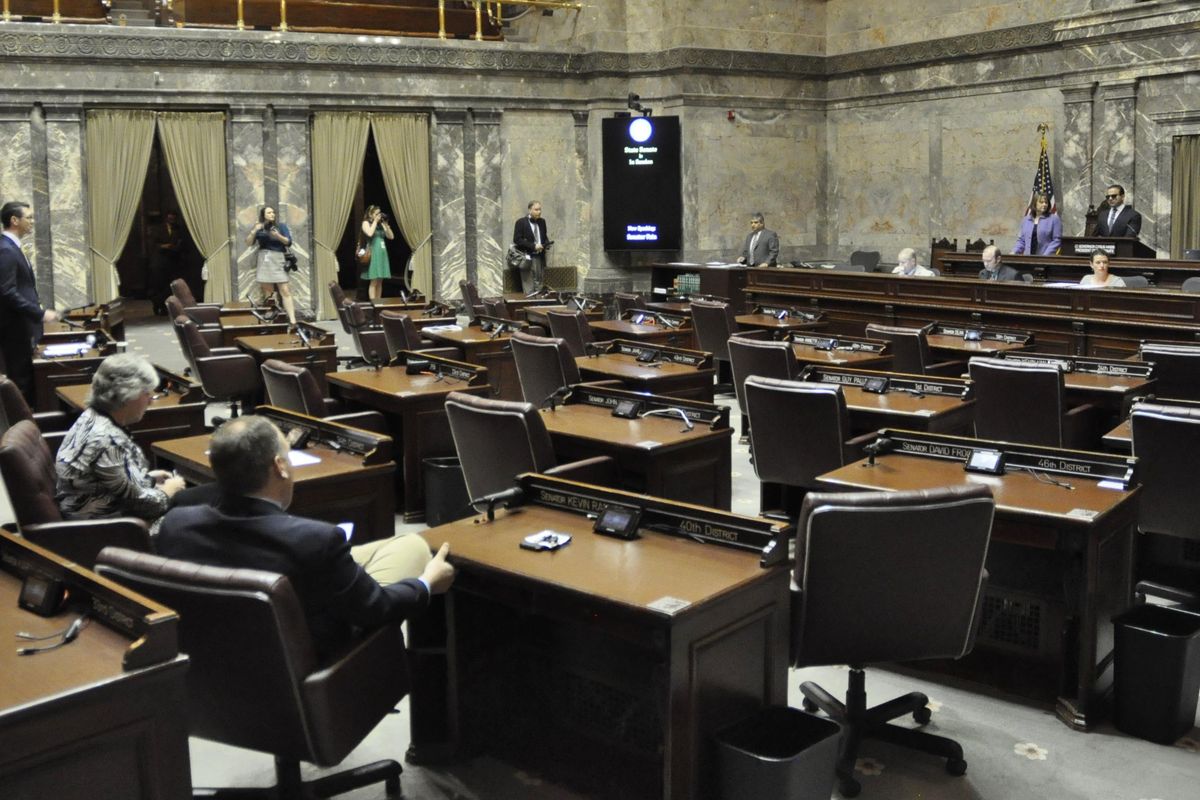Washington Legislature’s first special session ends, second starts

OLYMPIA – The Legislature closed its first special session Tuesday without an agreement on the state’s 2017-19 operating budget and immediately faced a second special session.
Usually the end of a session, known as sine die or without another day, prompts a celebration in the two chambers, with staff and family members allowed on the floor to cheer the accomplishments of the completed Legislature.
Tuesday’s gavel came down to nearly empty chambers and no celebration. A few minutes later, Gov. Jay Inslee signed an order calling for the second special session to start at noon.
“We decided to start immediately,” Inslee said at a later press conference.
By law, special sessions can last only 30 days and that deadline was Tuesday. The second special session can last until June 22, although if lawmakers finish their work, they could quit sooner.
A full 30-day session would take the Legislature close to the end of the state’s fiscal year on June 30, and the prospect of a partial government shutdown on July 1. Asked if he would call a third special session if no budget deal emerges by June 22, Inslee said he didn’t even want to consider that as an option.
“It needs to get done in 30 days,” he said.
Lawmakers are trying to reach a compromise on a two-year state operating budget of at least $43 billion for most state programs and salaries, but Republicans who control the Senate and Democrats who control the House have very different plans on how some of that money would be spent and how to raise taxes to cover new programs for public schools.
Legislators have “traded offers,” Inslee said, but refused to elaborate on whether those consisted of full budget proposals or a smaller part of the budget, the court-mandated improvements to public schools. He characterized the offers as “way, way apart.”
Senate Republicans should give up their plan to revamp the state’s property taxes in a way that raises taxes in parts of the Puget Sound, and House Democrats should give up on their plan for a capital gains tax, which he also proposed. Neither has a chance of passing in the other chamber, he said.